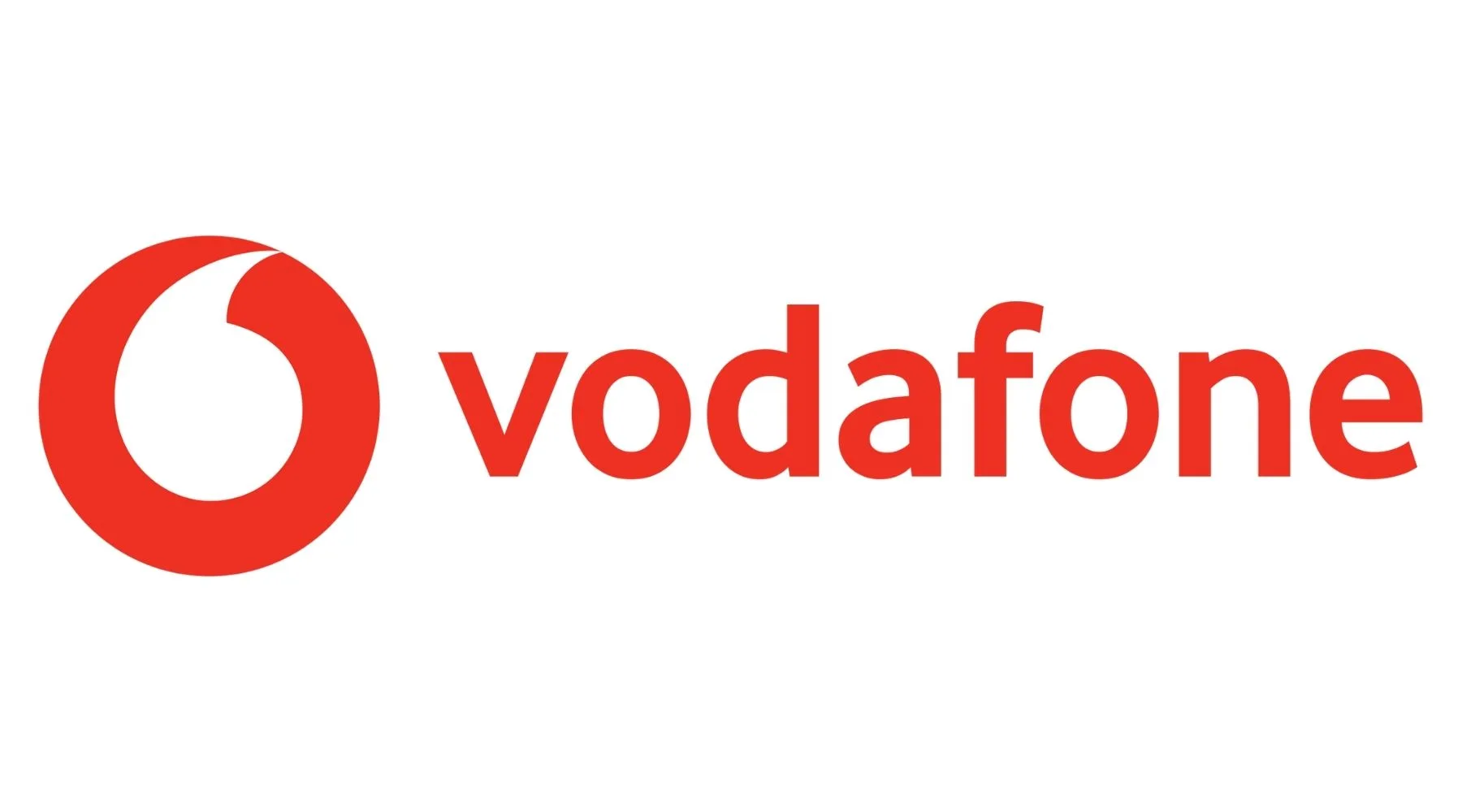
Vodafone is a Finder Awards winner!
Vodafone won Best High Data Mobile Provider in the 2026 Finder Awards.
Full list of 2026 winners

Vodafone won Best High Data Mobile Provider in the 2026 Finder Awards.
Full list of 2026 winnersWe currently don't have that product, but here are others to consider:
How we picked theseWe've scored over 300 mobile plans on everything from cost to data allowance and important features.
Our experts give each plan a score out of 10 - totally fair, with no commercial strings attached.
We currently don't have that product, but here are others to consider:
How we picked theseWe've scored over 300 mobile plans on everything from cost to data allowance and important features.
Our experts give each plan a score out of 10 - totally fair, with no commercial strings attached.
Vodafone is one of Australia's largest providers alongside Optus and Telstra, though it has the smallest network out of the 3.
While Vodafone's plans aren't the best value in the overall mobile plan market, if you're more comfortable signing up to a bigger brand Vodafone will be the most affordable.
Vodafone's mobile plans could be appealing to you as they come with a number of features:
While these extras are definitely great, Vodafone has a few drawbacks as well:

"I've been with Vodafone for 15 years now, since I got my very first smartphone! Over the years I've been very happy with their quality of service and the plans they provide."
Based on Vodafone mobile provider scores in Finder's 2024 & 2025 Customer Satisfaction Awards.
![]()
Without any promotional offers on its plans, Vodafone is pretty lacklustre in terms of value. Its plans average about $1.57 per GB of data, which isn't too impressive against a benchmark of $1 per 1GB.
The good news is that Vodafone almost always has discounts and bonus data offers on its plans. When discounted, its plans sit much closer to that $1 per 1GB benchmark.
These deals usually last for the life of your plan or for a full year so they make it more worthwhile to sign up.
Vodafone's prepaid plans have a 28-day expiry period.
These aren't the cheapest prepaid plans you can find, but the bonus data you get on activation and for the first 2 recharges makes it a better deal.
The 6- and 12-month long-expiry plans are worse from a dollar-per-data perspective, but could still be right for you if you're not looking for high data limits.
The main reason to choose these plans over its 28-day plans is its overall price. The long-expiry plans work out to between $20 and $25 per month, which is cheaper than any of its 28-day expiry plans.
![]()
![]()
![]()
As a major mobile provider, Vodafone boasts a wide range of bonus features with some of its plans. Here's what you can get with Vodafone:
Vodafone doesn't charge users for using more data than their monthly cap. Instead, you'll be switched over to its infinite ("unlimited") data when you use up your monthly data allowance on all of its postpaid and 28-day prepaid plans.
This extra data is capped at a maximum download speed depending on which type of plan you're on:
Most of Vodafone's postpaid and some of its prepaid plans come with international call minutes, which can be useful if you have friends or family overseas.
Minutes are split into 2 zones: zone 1 includes almost 40 countries, while zone 2 includes over 50.
You can combine up to 10 postpaid mobile services from Vodafone (max of 5 voice services) on a single account. The data from each will be combined into a pool that everyone can access, all under a single bill.
If you're the account owner, you can cut someone off from the data pool if you think they're using too much.
If you aren't happy with your plan within 30 days, you can return any devices in their original packaging and get a full refund on your plan fees and device instalments.
Vodafone has 2 different discounts available:
If you've decided to sign up to a postpaid or new phone plan, you can sign up to Vodafone straight from Finder. Just click the green "Go to site" button for the plan you're after and we'll direct you to Vodafone's checkout.
If you're after a Vodafone prepaid plan, unfortunately, these aren't available via Finder right now. You can head to www.vodafone.com.au to purchase one.

What if I want to keep my current phone number?
You can keep your number when you switch to Vodafone, but how you do so will depend on which type of plan you get. The number transfer should only take 3 hours if started during business hours or 10am–6pm on Saturdays.
On a postpaid or new phone plan, you'll need to ring up Vodafone's support team. On prepaid, you can choose to keep your number during the activation process.
It might be a trickier if your current number is under someone else's name, such as a parent or partner. Check our guide on how to transfer ownership of your mobile number.
Vodafone's $5 roaming is the simplest way to use your mobile plan's data and calls while you travel, but how does it work?
I have a Vodafone account, now why can’t I get a bill off you keeps telling me you have some issue and this for the last 6 months not acceptable. well then am I getting the bill
Hi Les,
We’re a review and comparison site, so we’re not able to provider customer service in relation to your bill. Your best bet is to contact them and lodge a complaint, which you can do here.
Hope this helps!
In the prepaid plans, it is written that there are certain selected countries you can call or text to outside Australia for 1000 or 90 minutes. How can I find what those selected countries are and what are the 1000 or 90 minutes per month?
Hi Dylan,
Thank you for your enquiry.
You can find the fine print or specific details of most mobile phone plans by checking out their Critical Information Summary (CIS). Please check out the CIS of a specific mobile phone plan, from the mobile network’s homepage, to know the selected countries that are included in 1000 standard minutes of a specific mobile plan.
I hope this helps.
Kind regards,
Jason
what international calls does vodafone give and to which countries?
Hi Rukshana,
Thanks for your inquiry. Please note that we are not affiliated with any company we feature on our site and so we can only offer a general advice.
There is a variety of mobile plans that Vodafone is offering. The list of countries that is included in making international calls depends on the plan that you will get.
We suggest going to Vodafone official website to view the list of countries that is included in each plan.
Hope this helps. Have a nice day!
Cheers,
Rench